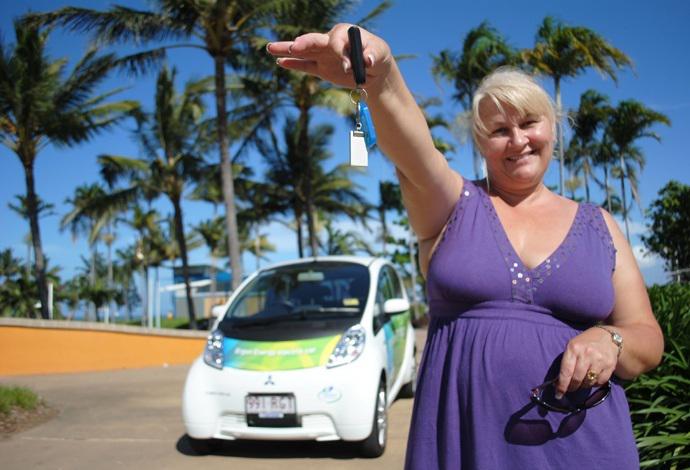Although electric cars are currently ahead of plug-in hybrid sales within the European market, IHS Automotive (an industry research company) has predicted that plug-in hybrid sales will soon be overtaking on a global scale. Plug-in hybrids are expected to reach the 1. 35 million mark globally by 2020, whereas electric car sales will hover below the 1 million mark. IHS has also indicated that by 2025 plug-in hybrids could potentially be reaching 2.7 million annually.
Figures show that:
- 58, 244 EV’s were sold within the EU during 2014
- This was a 73% increase compared to 2013
- 30, 647 plug-in hybrids were sold within the EU during 2014
- There was a 25% increase of hybrids compared to 2013
Ben Scott, a senior analyst at IHS Automotive has indicated that 2015/2016 will be an inflection point where plug-in hybrid manufacturing globally overtakes EV manufacturing. The reason for this is that Europe’s most popular car makers such as BMW, Mercedes and VW are rumoured to be working on various new models of plug-in hybrid vehicles to bring into the market within the next few years. Audi and VW have already announced that they plan to offer plug-in hybrid models of all the cars they sell.
Some automakers are already facing a deadline set-out by the EU to lower carbon dioxide emissions by 2020. These rules become even more imposing by the year 2025, as such car makers may not be able to comply with these new regulations unless they work on alternative ways to add vehicles with very low emissions into their production line.
Most manufacturers deem EV’s just too expensive to manufacture whist still trying to satisfy the market. Affordable electric cars may be too down market for consumer’s taste, while those more physically attractive are too pricey, especially when powered exclusively by a battery pack. Most EU car makers value plug-in hybrids as their only way of meeting these CO2 emission regulations. Another benefit of the plug-in is that such hybrids don’t need extra expensive infrastructure to operate like electric vehicles, which once again makes manufacturing plug-in’s to be more cost effective than that of an electric car.
Tesla may be producing close to 50, 000 vehicles per annum, but the rest of the world’s auto makers still need to sell millions of vehicles each year just to stay in the clear. Car manufacturers and consumers are waiting with bated breath for one of the larger car companies to create a vehicle that can compete with Tesla’s successful range, however if the price of batteries does does fall quick enough, they may have to hold their breath a little longer.



